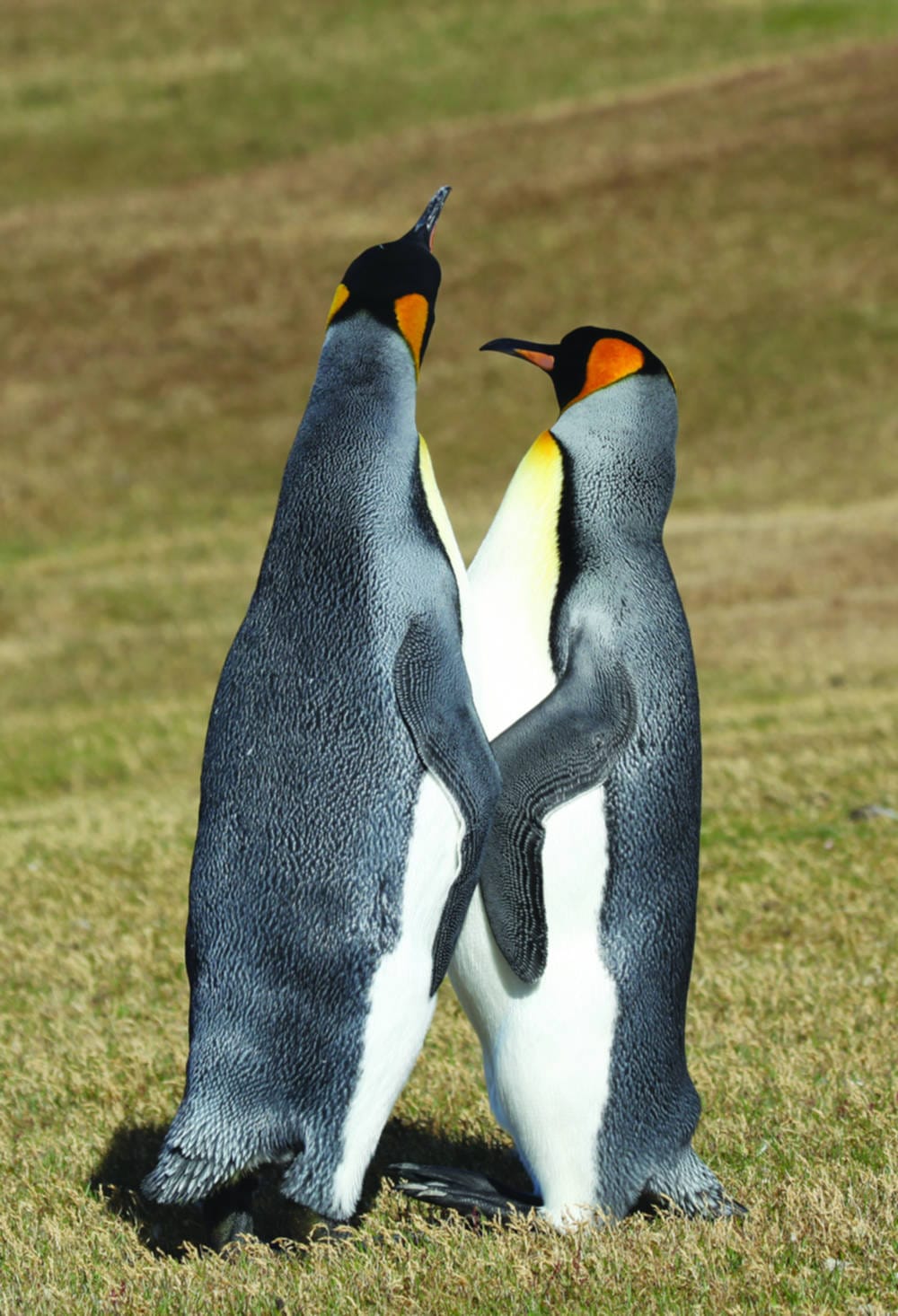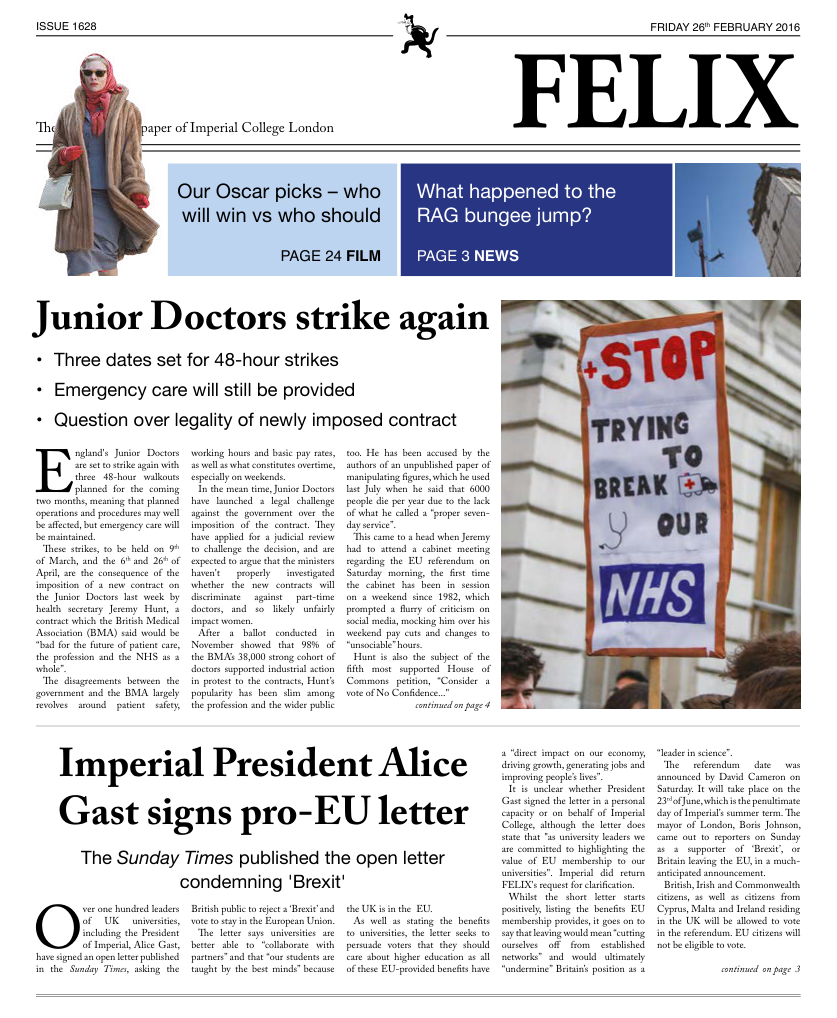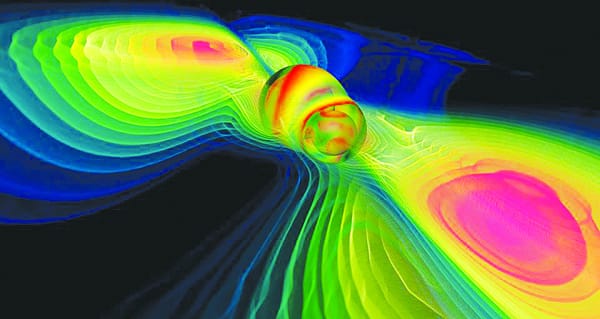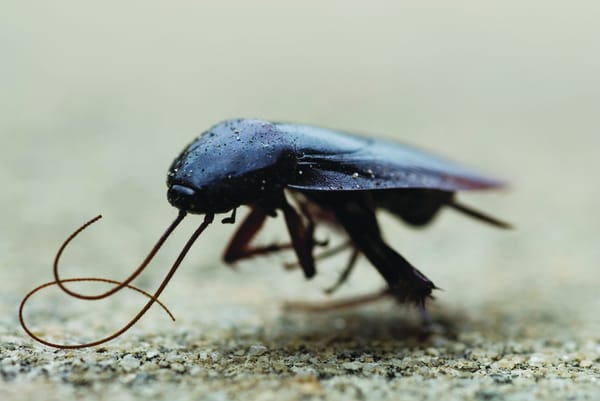Sh!t Sc!ence
Thin penguins waddle, but fat penguins wobble

At Sh!t Sc!ence, we argue that all research, no matter how ridiculous, has a purpose and brings us all closer to the truth.
This week: penguins. You thought you knew just how adorable they were, but that was until you heard the news that makes them frigging awesome. Fat penguins are scientifically more likely to fall over.
This is what results from a study hailing from the University of Roehampton suggest, in a paper aptly titled ‘Fat King Penguins Are Less Steady on Their Feet’. The authors reminds us that very comprehensive studies have previously shown that pregnant women and very fat people, have a completely different gait than thin people (would we dare to say they waddle more?). So applying this research to penguins just makes common sense, really.
And this story just keeps on getting better. To substantiate their claims, they captured fat penguins, put them on a treadmill, and filmed them. Which means that now, all over the internet, are videos of penguins on a treadmill!
The results show (who cares, at this point, right?) that although the gait and stride length of penguins remain the same, regardless of their weight, fatter penguins have a higher “leaning angle and leaning amplitude’’. Translation? Fatter penguins waddle normally, but they wobble more! Complete happiness ensues.
This all sounds mildly ridiculous, but as always, it serves a greater purpose. This research subscribes to a wider line of enquiry called gait analysis, the study of locomotion of humans and animals. Carefully studying the dynamics of humans when their motions are hindered, for instance by debilitating diseases such as Cerebral palsy and Parkinson’s, has helped doctors develop new treatments and surgeries. Studying the gait of animals can give us a different insight into dynamics of locomotion, which can, for instance, help us develop more effective robots.
The gait of penguins has been studied since the 1970s, and has been puzzling scientists ever since. Whereas penguins seem very at ease in water, part of their life cycle involves traveling huge distances on land, painstakingly and awkwardly dragging themselves step-by-step while conserving enough energy for them to make the journey, sustain themselves, and feed their female and newborn chick. Studying their gait can give us insights into a previously uncovered mode of locomotion.
So next time you see a cute animal doing something stupid, grab a camera and immortalise whatever shenanigans might be taking place. For science!









